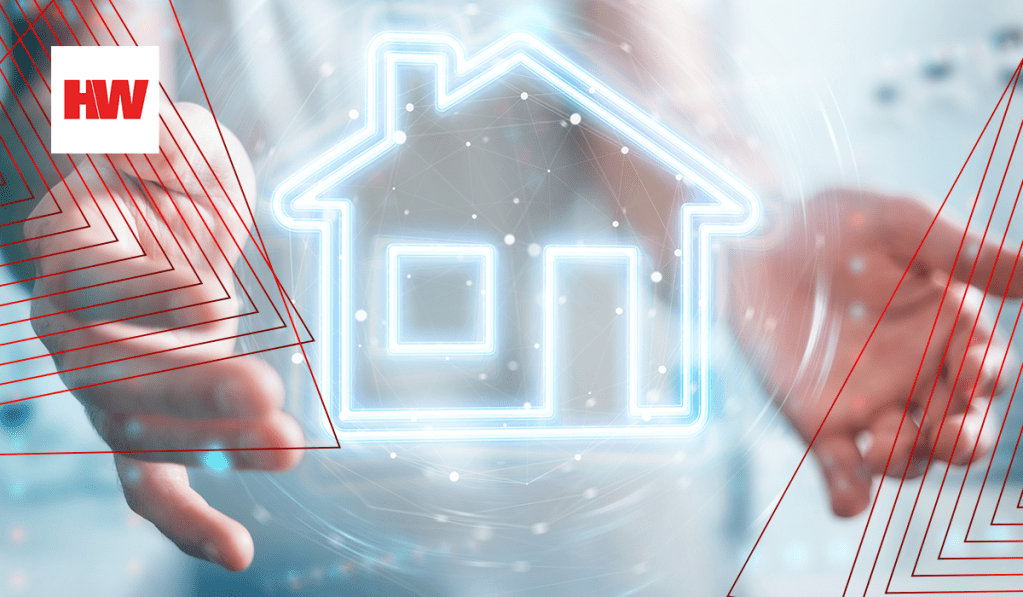Real estate valuation technology company Clear Capital rolled out two application programming interfaces (APIs) that aim to make adopting and deploying modern valuation solutions easier, ultimately closing loans faster.
Property valuation API and risk assessment API, released late last month, connect directly into existing systems through a single integration for lenders, investors and system providers, the company said in a news release.
Through the property valuation API, lenders and investors can track property valuation orders throughout the entire order management process because the API provides real-time status updates from order creation through completion.
“As the industry continues its push toward appraisal modernization, including the adoption of desktop and hybrid appraisals, we want to make it easier for everyone involved to adopt the technologies behind this shift,” said Kenon Chen, executive vice president of corporate strategy at Clear Capital.
Clear Capital’s risk assessment API, an automated underwriting review system, is meant to enable customers to apply a risk-based approach to the appraisal review process. For system providers, the API diversifies the product solutions on their platforms, which reduces churn rate, the firm said.
The rollout of APIs follow changes made around modern valuation solutions made by the government-sponsored enterprises (GSEs) over the past year. Last month, the Federal Housing Finance Agency released plans, developed by Fannie Mae and Freddie Mac, to make the housing market more equitable, in part through changes to the appraisal process.
Fannie Mae and Freddie Mac’s equitable housing finance plans further expand non-traditional property appraisals, which sometimes rely on property tax information and data collected by third parties. Using automated valuation models “leads to relatively lower racial gaps,” according to Freddie Mac.
Clear Capital says the property valuation API provides easy access to a range of the firm’s products that support modern valuation solutions including desktop appraisal, a GSE-compliant 10004 Desktop and 70D residential residential appraisal, and desktop data collection, a licensed real estate broker-enabled property data gathering service. The two desktop appraisal solutions were developed to meet new desktop appraisal guidelines in April.
Established in 2001, the Reno, Nevada-headquartered company claims by using its desktop appraisal solutions, desktop appraisals can be completed as much as 50% faster than a traditional appraisal.






